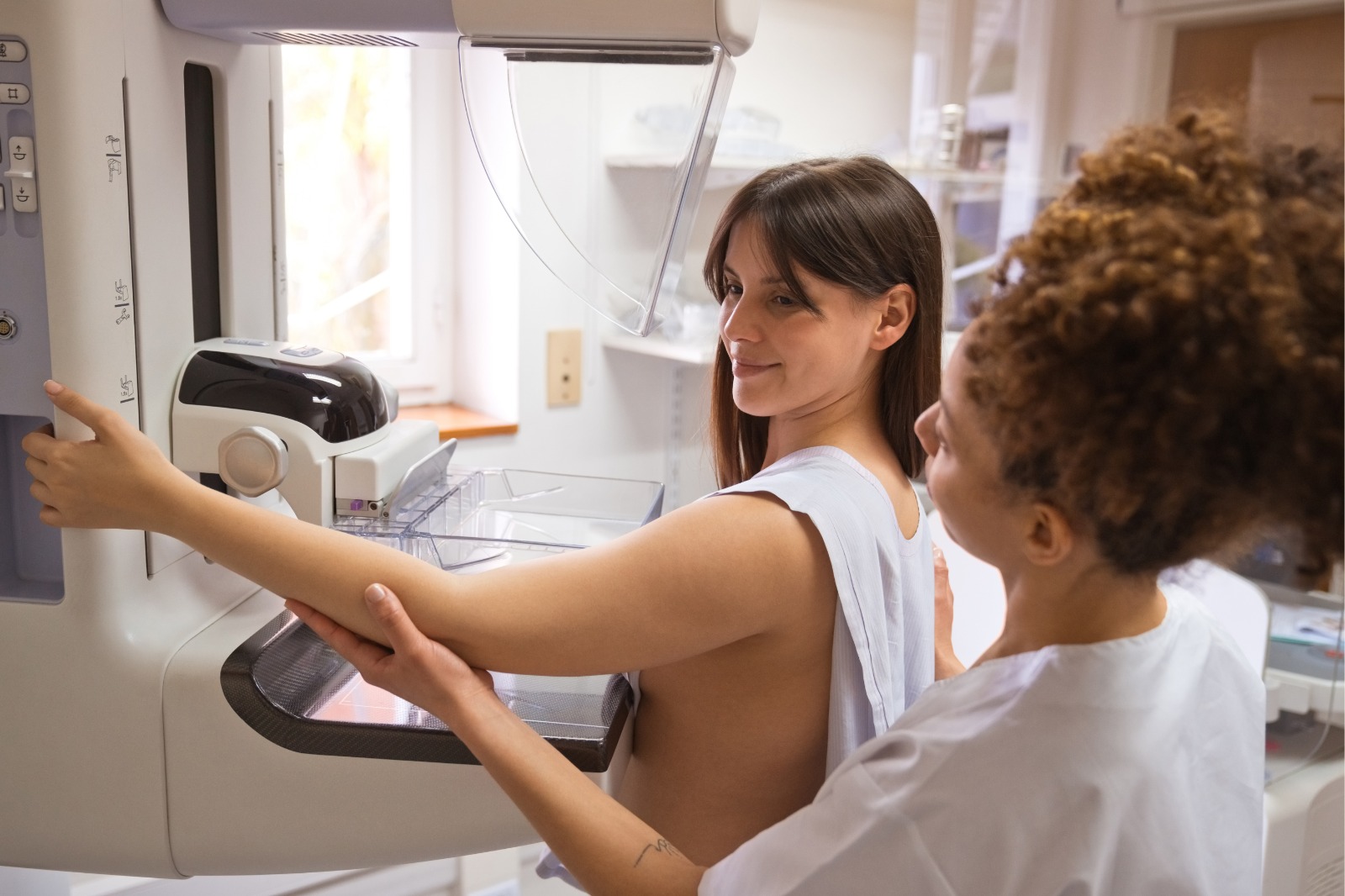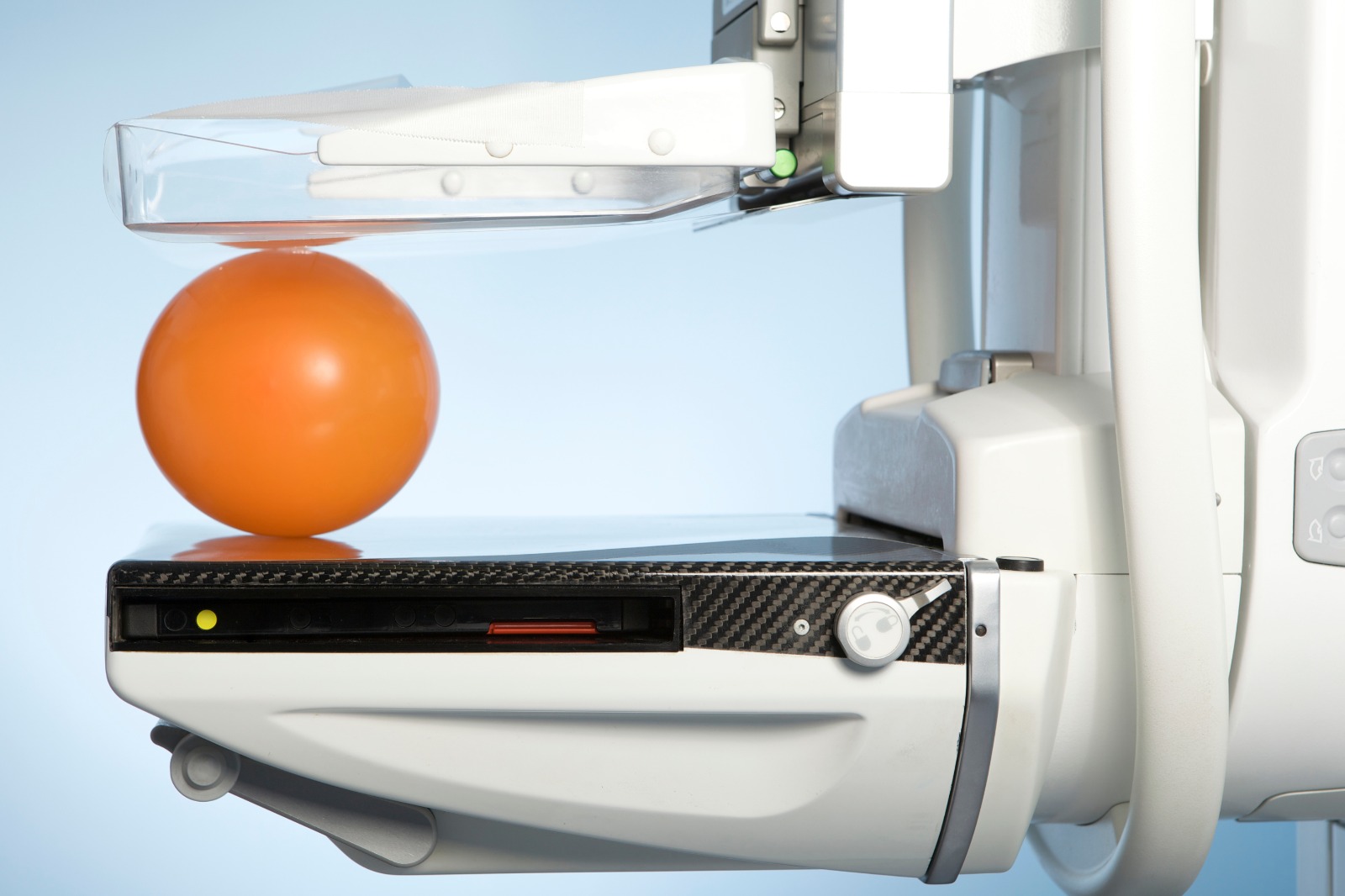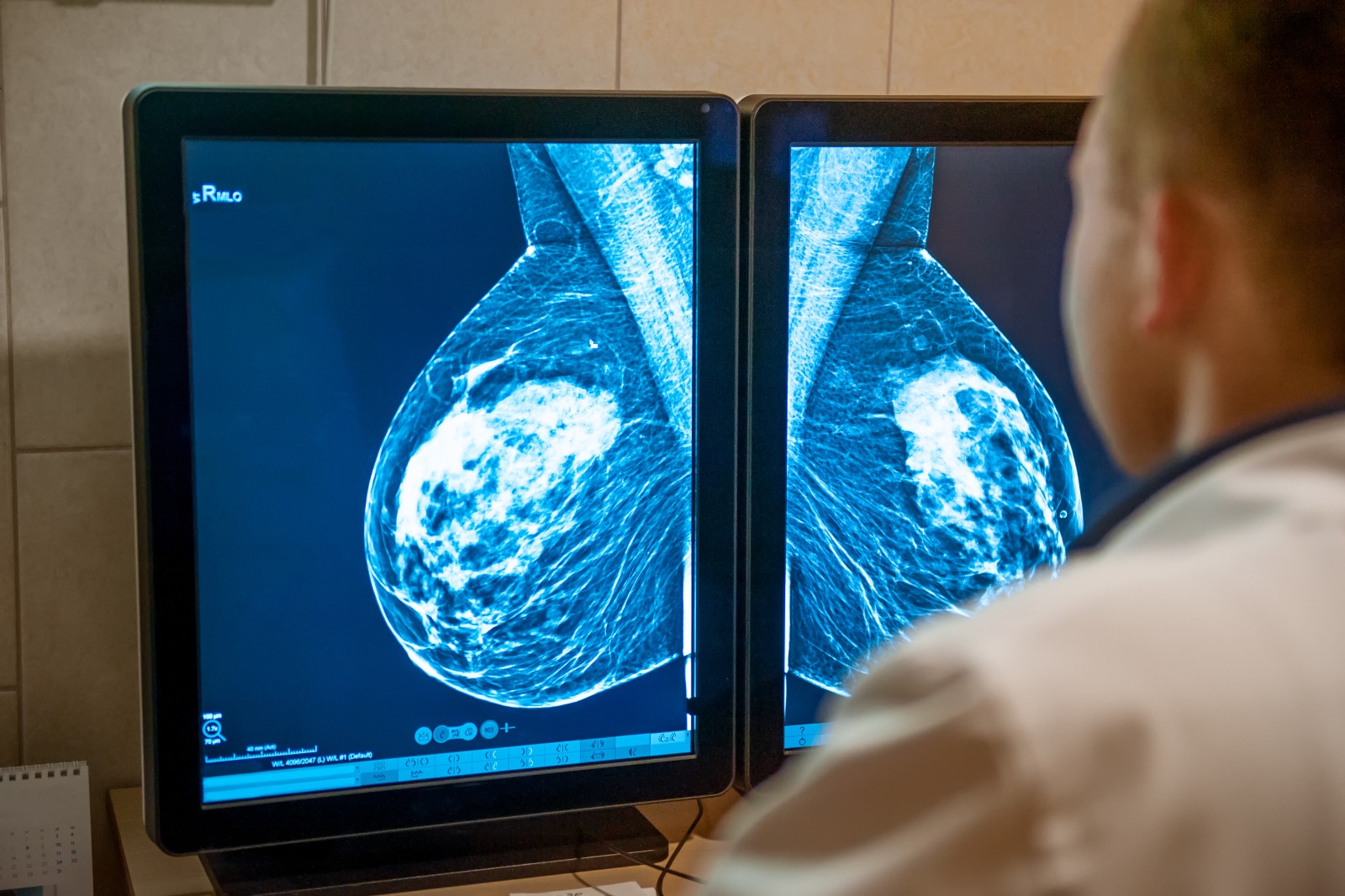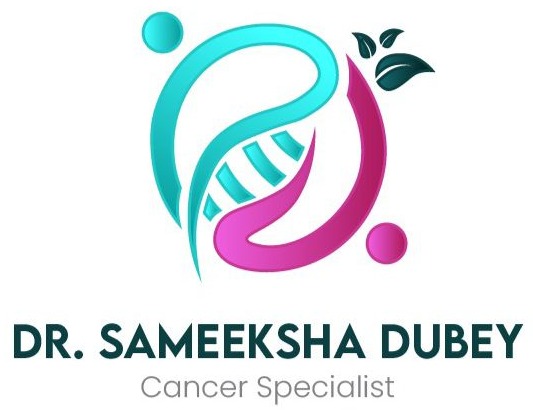Exploring Cancer Screening
Screening tests help to identify cancer in its early stages and before the symptoms begin to show. A cancerous tissue or an abnormality is essential to discover at an early stage as it can be much easier to treat or cure. When the symptoms begin to show , the cancer screening tests may help find the appropriate treatment to curb the growing and spreading cancer. At this point, things may come under control and we can save the situation from getting more difficult to treat or eliminate.
It is not always when your doctor recommends you having a screening test and you specifically have cancer. However, the doctors may even recommend cancer screening where you might not have any related symptoms, but the doctors believe that you might develop.

Various Screening Tests To Detect Potential Health Issues Include:
Physical examination and medical history:
A comprehensive body examination to determine the general state of health is essential. The physical examination process involves detecting illness symptoms like lumps or any other strange sign that appears. The patient’s lifestyle choices and previous diseases and treatments also get considered.
Imaging procedures:
These are some techniques involved to visualize and analyze the different areas of the body.
Diagnostic tests:
Some medical procedures are performed to test the samples of blood, tissue, urine, and other body fluids.
Genetic tests:
If any of your biological relatives has type of hereditary cancer, the doctor might suggest genetic tests to determine whether you are at a higher likelihood of developing cancer.
Why Do Doctors Recommend Screening?
➤ Screening is a way to identify cancer at an early stage. If cancer gets discovered early, that means treatments are more likely to succeed and there can be higher chances for survivability.
➤ Some screenings can stop cancer from forming from the beginning
➤ Screening tests are not only performed to detect the cause of illness; in some cases screening tests are intended to identify risk factors for certain conditions.
➤ A doctor may recommend screening as a preventive to identify and alter risk factors and treat abnormalities that could eventually lead to a severe condition.

Potential Risks of Screening Tests:
It is important to mention here that not all tests are beneficial, and many come with potential risks. Thus, it is essential to be aware of the dangers.
➤ Some screening tests lead to significant complications or may create tissue bleeding.
➤ The possibility of incorrect positive outcomes can drive anxiety and may follow some additional tests and procedures that may be risky.
➤ There are chances that a patient may get incorrect negative results which might delay seeking medical attention even though there are signs.
Seek Collaborative and Empowering Decision-Making:
➤ Every screening test comes with positive and negative aspects. Before undergoing any screening test, it is important to discuss screening with your physician to make an informed decision.
➤ Weigh the potential advantages and drawbacks shared by your doctor, and make a decision that aligns with your personal needs and preferences.
➤ Sometimes, the negatives and benefits are in close alignment, and the choice of whether to conduct the test becomes difficult to come up with. Here, your doctor will analyze your medical record and then help you come to a decision about screening.
What Screening Tests Aim to Achieve?
The cancer screening tests hold multifaceted goals:
➤ The doctors recommend screening to detect cancer in its early stages.
➤ Some chances of detecting or identifying the development of some abnormal tissues at early stages can have a higher chance of successful treatment.
➤ Sometimes, cancer screening tests ensure accurate and reliable test outcomes and curb the delays in treatment procedure.
➤ Detecting cancer during the screening stages may increase the survivability rate which decreases with increasing cancer.

Who should undergo cancer screening tests?
Ideally, everyone should consider getting cancer screening, but individuals with high-risk conditions such as a family history of cancer or a genetic predisposition may require more frequent screenings.
➤ Identifying individuals who must follow cancer screening test
➤ A person with a past cancer history.
➤ Anyone who holds a family history of cancer.
➤ Some genetic changes that are associated with cancer
➤ Potential exposure to harmful lifestyle choices or work-related toxicity that can cause cancer.
➤ Some additional risk factors are also identified through extensive research studies including aging or even a blood clot that may convert to cancer.
Thus, the people with a high chance of developing cancer might require screening more frequently or earlier as compared to other people.
Can screening potentially extend one's lifespan?
The Significance of Early Detection:
Cancer screening holds a great importance for the early detection of certain cancers and can possibly improve survival rates. As we know cancer decreases the survival rate with its increasing stage. An early detection through screening tests can possibly help cure the severity at an early stage, while helping the doctor to move towards the best suitable procedure.
Establishing Screening Test Standards
Some studies that involved during the screening tests include:
➤ Randomized controlled trials
➤ Nonrandomized controlled trials
➤ Cohort studies
➤ Case-control studies
➤ Ecologic studies
➤ Expert opinions
Currently, guidelines approve screening tests are available for certain cancers but not all. These include:
- Breast cancer – breast examination & mammography
- colorectal cancer – stool tests & colonoscopy/sigmoidoscopy
- Prostate cancer – Rectal examination & PSA
- Cervix Cancer – HPV testing & PAP Smear
- Lung cancer – low dose CT scan for high-risk person

Stay Informed, Stay Healthy Exploring New Research:
Stay informed about the latest advancements in cancer screening by exploring clinical trials. These are an investigation to determine a scientific issue and are based on previous research and the lessons discovered in the lab. Each trial is designed to answer some scientific issues to discover new and improved methods to help cancer patients. Patients may look forward to participating in the clinical trial. Certain clinical trials are available only to those who haven’t started treatment.
Consult Dr. Sameeksha Dubey Today!
For personalized advice and discussion about cancer screening tests, schedule a consultation with Dr. Sameeksha Dubey, a highly regarded specialist in the field of Oncology today. With her years of experience in the field, she’ll help you understand the screening process better and assist you throughout your ailment journey.
